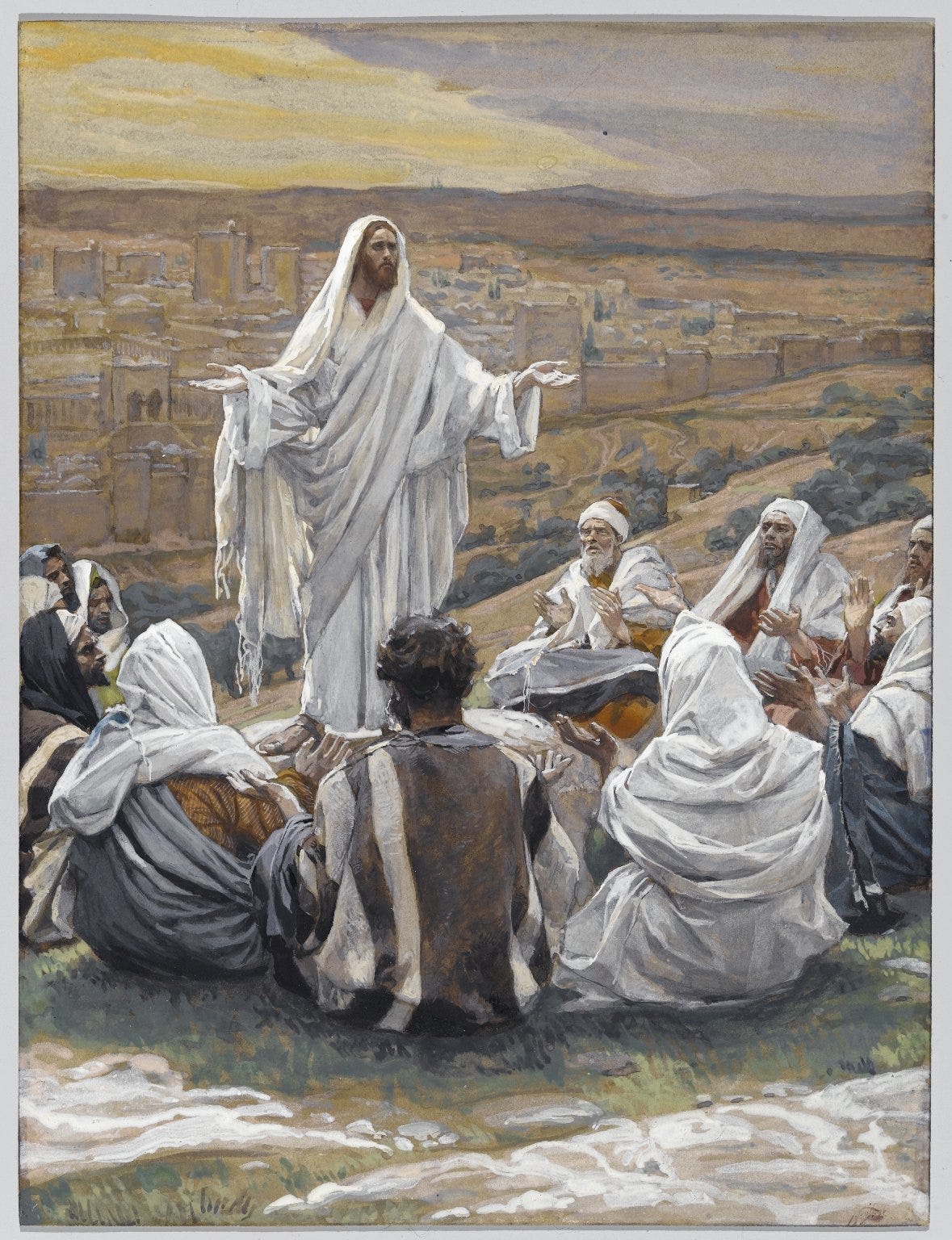In today’s Gospel, we have St. Luke’s account of the teaching of the Our Father prayer:
Jesus was praying in a certain place, and when he had finished,
one of his disciples said to him,
“Lord, teach us to pray just as John taught his disciples.”
He said to them, “When you pray, say:
Father, hallowed be your name,
your Kingdom come.
Give us each day our daily bread
and forgive us our sins
for we ourselves forgive everyone in debt to us,
and do not subject us to the final test.”
Luke 11:1-4
I want to pull out a particular petition in the Our Father for today’s reflection. In the standard version of this prayer, we pray:
“Thy Kingdom come, Thy will be done.”
The orientation that is characterized by this petition is the heart of prayer itself. So many times, we approach prayer with the mind that we are trying to change the mind of God. We ask for whatever it is that we are requesting, and we hope that we can shift God’s mind from not giving us the request to granting it to us. We are basically treating Him like a human who can be swayed by our arguments or our continuous requests.
God does not change. God’s plan does not change. Whatever He has providentially ordered will come to pass.
So then, what do we make of prayer? What do we make of the instructions of Our Lord to ask, seek, and knock?1 The reality is that prayer is a catalyst of change, just not the change that we initially are looking for. It is not to change the mind of God, but instead, to change our wills to conform to His.
This is why, when Our Lord teaches us to pray, He inserts the petition asking for the will of God to be done. All the other petitions of the Our Father are summed up in this one. The request for our daily bread, the forgiveness of trespasses and the strength to forgive others, and our preservation from evil, are all requested and granted in the framework of God’s providential will for our lives.
We pray so that what we want eventually conforms to what God wants. God never orders something in our lives that is not for the best. He knows and wills our greatest good and all things are ordered for that good. Even those things that we ask for continually, He desires us to keep coming back to Him for those things since there are certain things that God has ordered that we will receive but only after much asking. Persevere in prayer and continually ask God to reveal His will to you so that your will might be conformed to His.
Every time we pray the Our Father, we should truly desire to reflect the words of Christ:
“Not my will but yours be done.” Luke 22:42
For more from Dr. McGovern, visit his Substack at A Thomist, Dedicated to the Theological tradition of St. Thomas Aquinas. Exploring Thomas’ Spiritual Theology and topics in Christology and Mariology.
Cf. Matthew 7:7-8.



Excellent reporting
YES, I agree! This reflection is most helpful!!!!